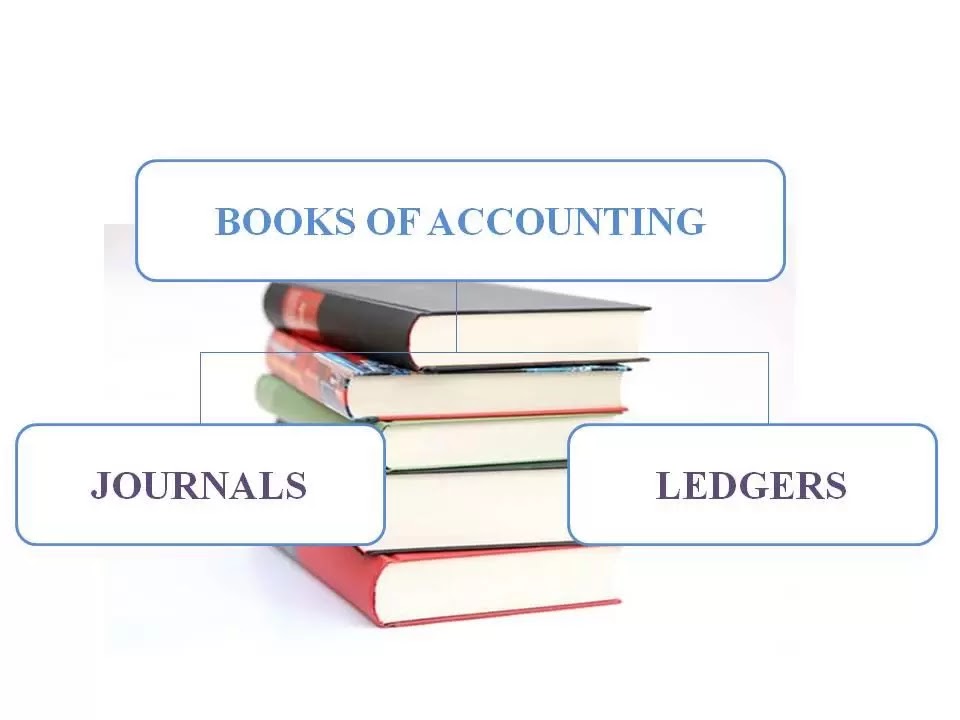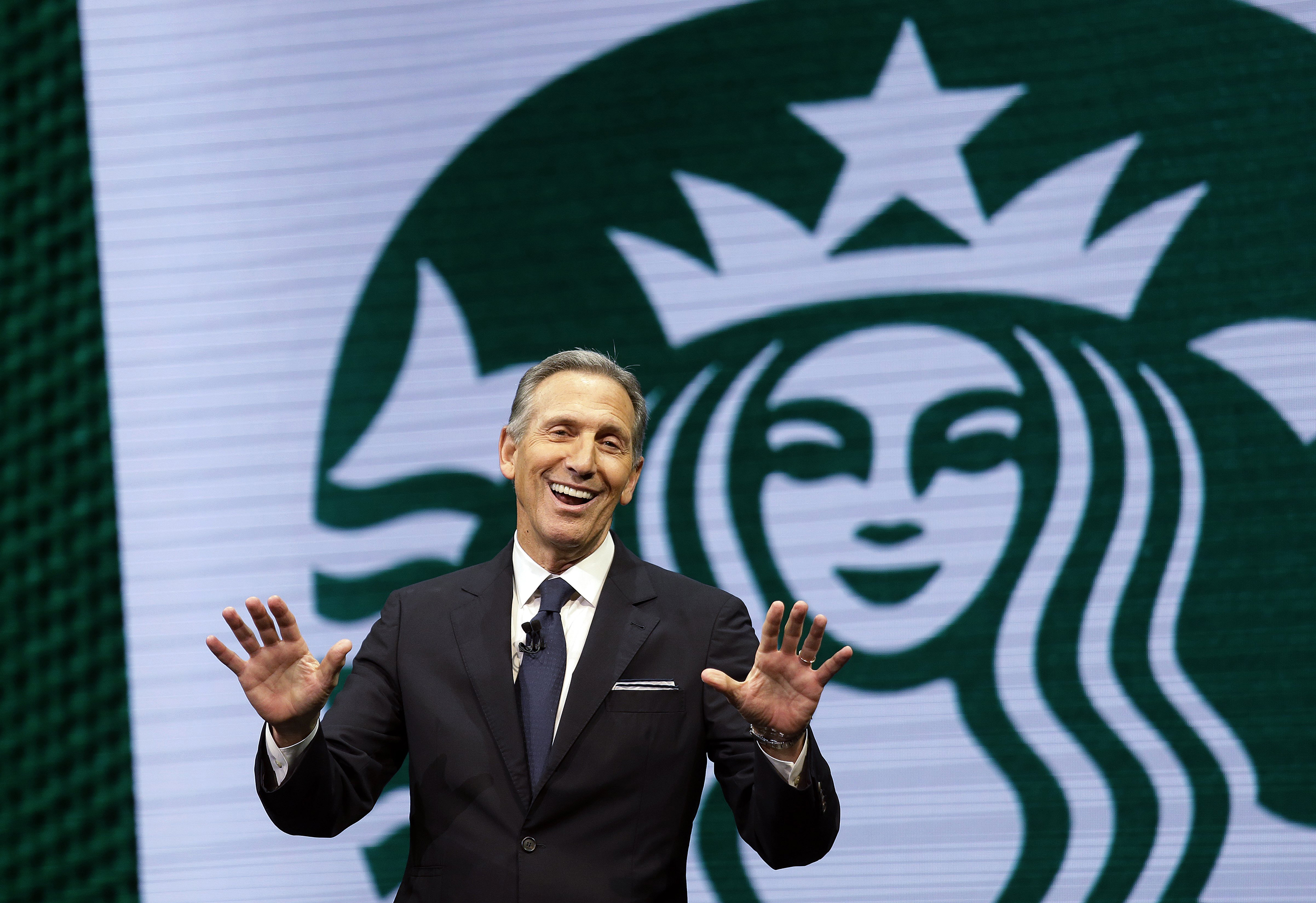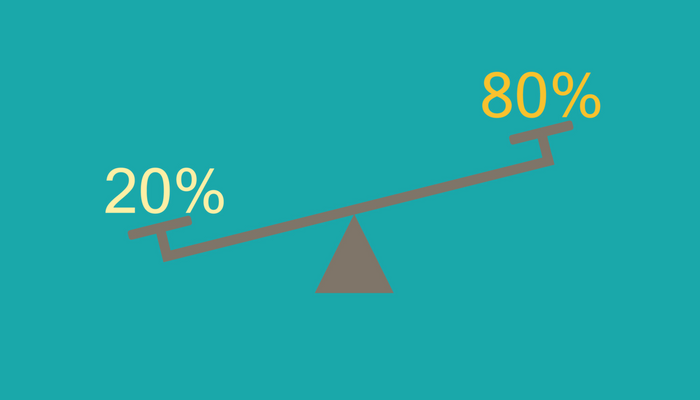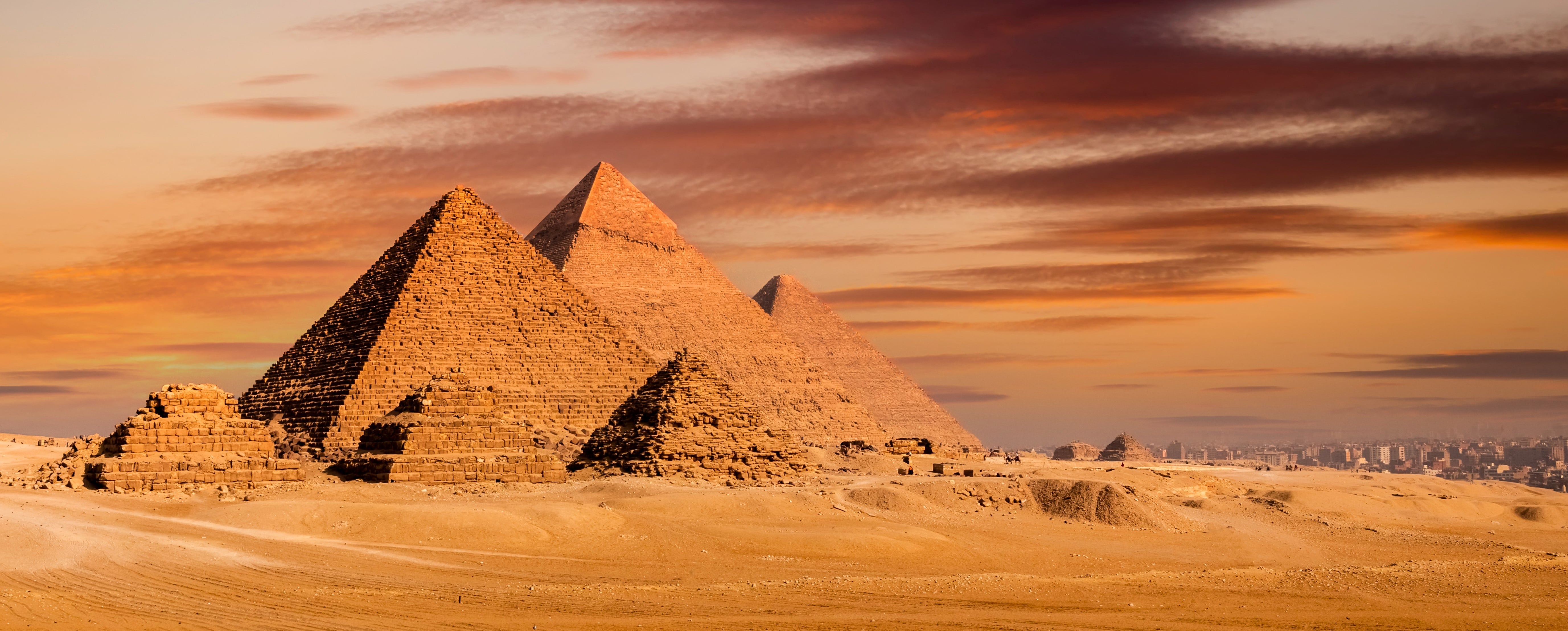5 Entrepreneurial Lessons from Rafael Nadal's Journey
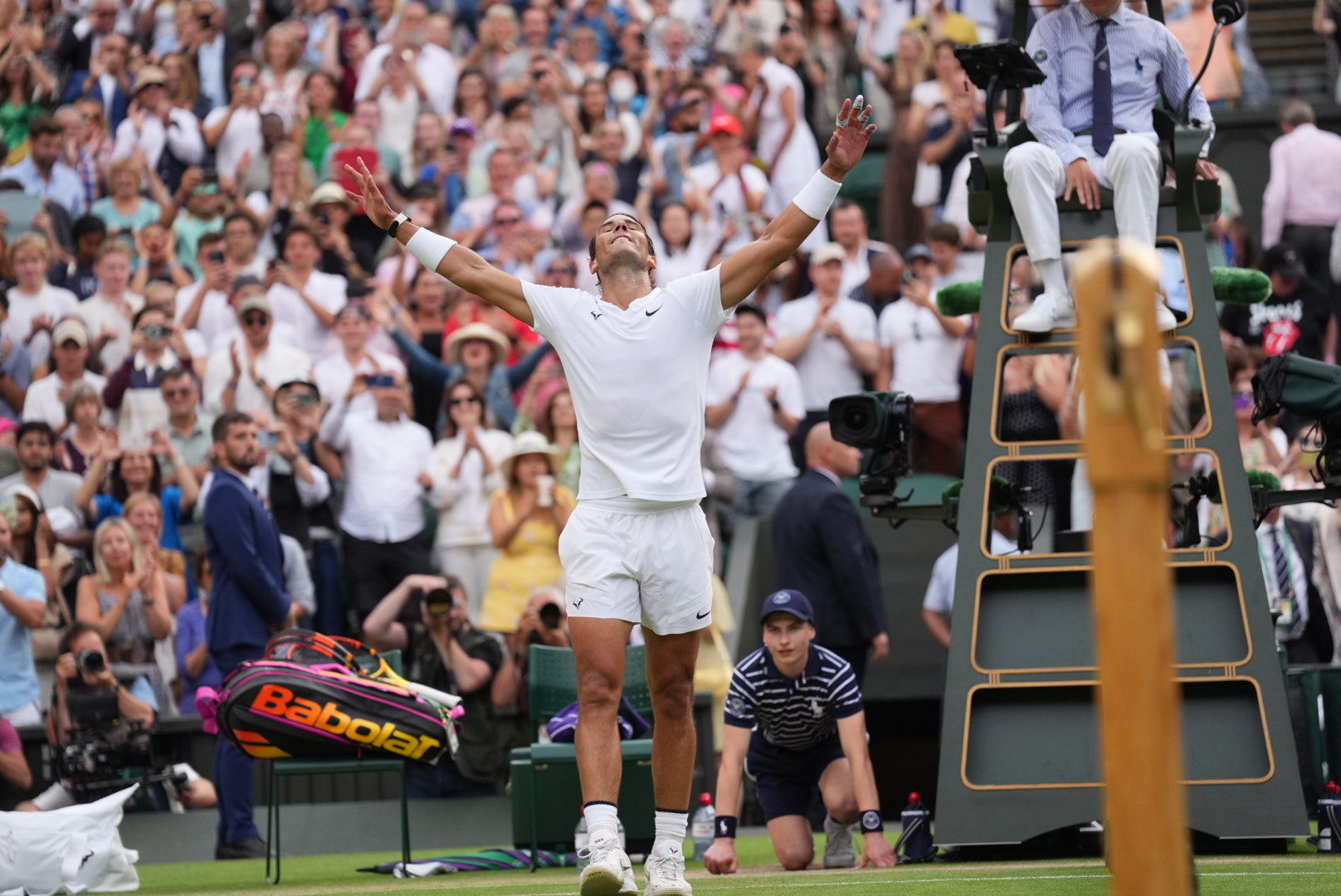
Rafael Nadal created history again by winning his 22nd Grand Slam title and 14th French Open title. Rafael became the oldest winner of the French Open title, among many other records. Like any other victories, the eventful journey of Nadal also leaves many clues, especially for entrepreneurs.
Let me share five key lessons every entrepreneur shall take from Nadal's journey and apply in their entrepreneurial journey:
1. Stay Focused on the Long Haul
Rafael recalls the incident after winning the Spanish under-12s National Tennis Championship. He and his family were delighted the evening he won that, at the age of eleven. But his coach, his uncle Toni, wanted to bring him down to earth and give him a long-term perspective. Uncle Toni phoned up the Spanish Tennis Federation pretending to be a journalist and asked them for the list of the title's last twenty-five winners. Then, in front of the rest of the family, he read out the names and asked Rafael if he had ever heard of them.
"So and so, do you know him?' No. 'This guy? And this one?' No. Just five reached a decent level as professionals, whose names were familiar to Rafael. Toni told him: "You see, the chances of you making it as a pro are one in five. So, Rafael, don't get too excited about today's victory. There's still a long, hard road ahead. And it all depends on you".
This is similar in business too. 20% of the new businesses fail in the first year. 30% of new businesses fail during the first two years. Less than half successfully lasts more than five years. 70% of small businesses fail by their 10th year. Only 3 out of 10 companies survive beyond ten years in the market. So don't get complacent or overconfident. Prepare well.
Develop a plan for what your business will look like down the road. How will it be after two years, after five years? What will be the status of your business after ten years? Keep that most ambitious picture in mind in all your processes and decisions. Build your systems and develop your people based on this long-term goal.
Bill Gates correctly said, "Most people overestimate what they can do in one year and underestimate what they can do in ten years."
2. Consistency is the Key to Greatness
Nadal has trained every day since the age of six. While his friends were partying or sleeping late, He made big demands out of himself and prioritized training above everything else. That is how he was able to be the great champion he is now.

In the famous book "Great by Choice," Jim Collins introduced the concept of The 20 Mile March. It is based on the story of two team explorers who went to conquer the South Pole. One team marched 20 miles a day, every day, whether it be sunny or stormy days. The other team marched longer distances on sunny days and lesser distances on bad days. Only the first team was able to accomplish the mission. Every business must have a self-imposed rigorous performance mark to hit with consistency to prevail in turbulences. This will give an internal order amidst the disorder of the external world, discipline amidst the chaos, and consistency amidst uncertainty.
The research conducted by Jim Collins proved that every company that achieved a 10x growth exemplified the 20 Mile March principle, and they embraced the 20 Mile March practice early, long before they were big companies.
So, what is your 20 Mile March you will practice a day, every day?
3. Consistent Improvement and Practice
Rafael says in his autobiography: "one thing I have no doubt: the more you train, the better your feeling. Tennis is, more than most sports, a sport of the mind; it is the player who has those good sensations on the most days, who manages to isolate himself best from his fears and from the ups and downs in morale a match inevitably brings, who ends up being world number one."
When Rafael started his career, Roger Federer was the king of tennis. In the 2006 and 2007 Wimbledon finals, Rafael was defeated by Federer. Roger Federer was considered undefeatable in Wimbledon. In 2008, Nadal defeated Federer in a five set long classic match that was considered one of the greatest matches in tennis history. This was achieved due to the consistent self-improvement and practice of Rafael Nadal, overcoming his weaknesses and improving his strengths.
Your business also will need constant improvements, capitalizing on its strengths and turning weak points into greater advantages. Only then can a company grow into a great enterprise. What are the weak areas of your business that you will work on?
4. Have great people on your team
Nadal is mentored by his coach Toni and supported by a strategically selected team of sports and medical field professionals. The support of this team is the number one factor in Nadal's victories.
Great Businesses are built by an extraordinary team of people. Ordinary people become extraordinary through constant learning, practicing, and self-improvement.
Have a plan to turn your ordinary team members into extraordinary ones. Develop a supportive and encouraging learning culture. Inculcate a growth mindset in your team members. You can see them creating miracles.
5. Don't Give Up! Build your endurance

Endurance is the quality uncle Toni has hammered into Nadal's character very early. Uncle Toni used to say to Rafael, "Look, you've got two roads to choose from: tell yourself you've had enough and we leave or be prepared to suffer and keep going. The choice is between enduring and giving up."
Rafael Nadal had faced many defeats and many injuries. Few of them made him feel that he couldn’t play again. But Nadal didn’t give up. After each setback, he came back even stronger. That’s how he was able to win twenty-two Grand Slams.
Entrepreneurs will be faced with challenges, ALWAYS. To meet them and turn every challenge into an opportunity require remarkable endurance. That's why endurance is a must-have quality for succeeding in business. Have you ever wondered why most of the leading CEOs of world-class companies are endurance athletes by passion? Here is the answer for you. Develop your endurance to overcome all the challenges and grow your business beyond them.
(Author is a Business Consultant and Startup Specialist at AK & Partners Auditors and Chartered Accountants. AK & Partners is one of the leading audit firms in Qatar. Please send your comments and suggestions to habeeb@akauditors.com)
